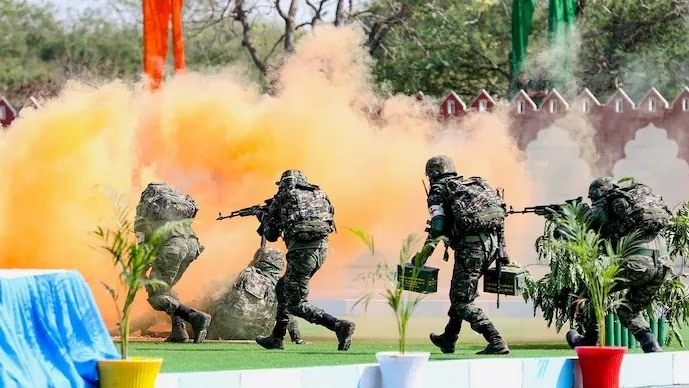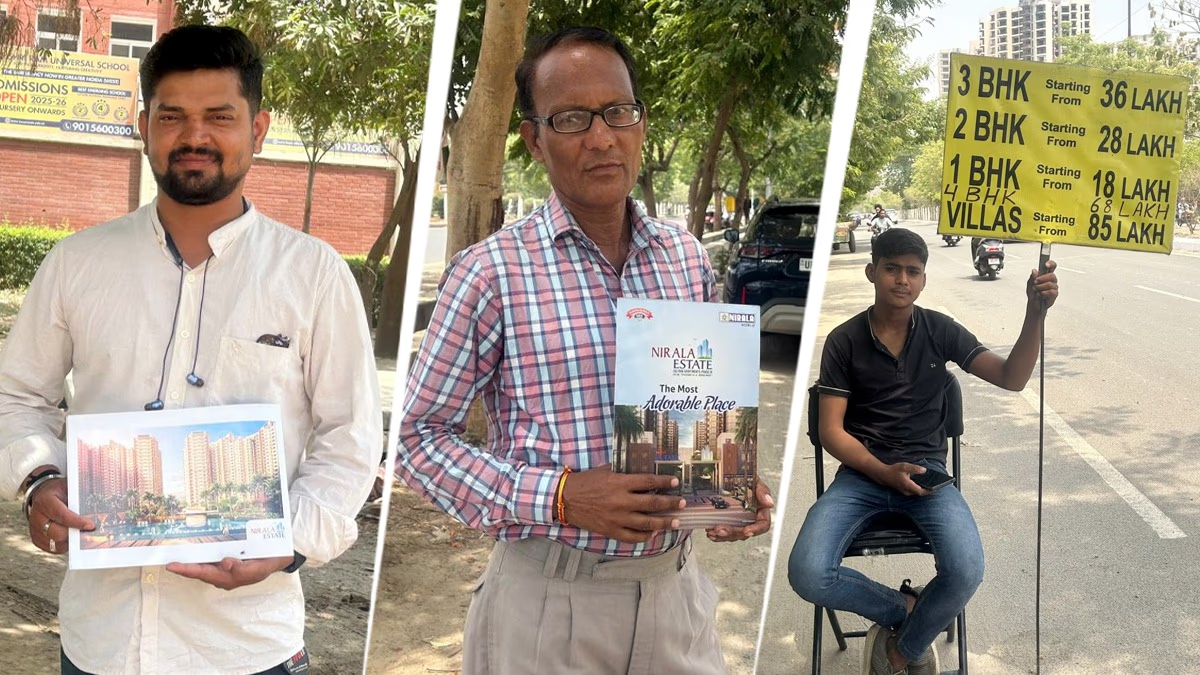Following the terrorist attack in Pahalgam, tensions between India and Pakistan have escalated. While India is taking diplomatic measures consecutively, Pakistan is issuing hollow threats of war. In light of the looming threat, the Ministry of Home Affairs has directed mock drills across multiple locations in the country on May 7. Let's delve into the meticulous preparations before such drills and how emergency scenarios are scripted.
Emergency response times are crucial during a crisis, which is why agencies often conduct mock drills. These exercises allow agencies to address shortcomings and rectify mistakes. Let's explore what goes on behind the scenes before a mock drill and how agencies stay in touch with each other.
Purpose of Mock Drills
Mock drills are vital for dealing with emergencies arising from fires, bomb blasts, earthquakes, or potential war. However, these drills differ from usual ones, especially regarding coordination. Participants, including civilians, receive training on sheltering, power duties during night drills, and reactions when alarms sound.
Importance of Strategic Meetings
Pre-drill meetings are crucial, with key agency figures discussing the drill's framework, roles, and responsibilities. Every agency involved in the drill attends, ensuring coherent emergency protocol execution.
Unique Nature of Pre-War Mock Drills
Pre-war mock drills differ from standard ones, involving local police, central agency personnel, paramilitary forces, fire services, and civil defense. These drills simulate wartime emergencies, demanding rigorous rehearsals. In regions like Delhi and Ghaziabad, police commissioners exercise broad powers, while district magistrates handle other areas. Central agencies stay connected with local police amid potential conflicts.
Scripting the Mock Drills
A comprehensive script is crafted during pre-drill meetings, detailing how, when, and to whom crucial information is conveyed. These scenarios aim to emulate real-life emergency responses, enabling fine-tuning in any deficient areas.
Full-scale responses involve police, fire brigades, NDRF, hospitals, and sometimes everyday citizens, all operating under specific code words or timelines.
Significance of the Alarm
Mock drills prepare people by teaching them how to react to siren warnings, emphasizing calm rather than panic, and executing immediate protective measures nearby.
Delhi Police Acquires the LRAD System
The Delhi Police has acquired the LRAD system for these exercises, enabling long-range alerts up to a kilometer. It will be deployed during Delhi's May 7 mock drill, with officials currently being briefed on its operation.




